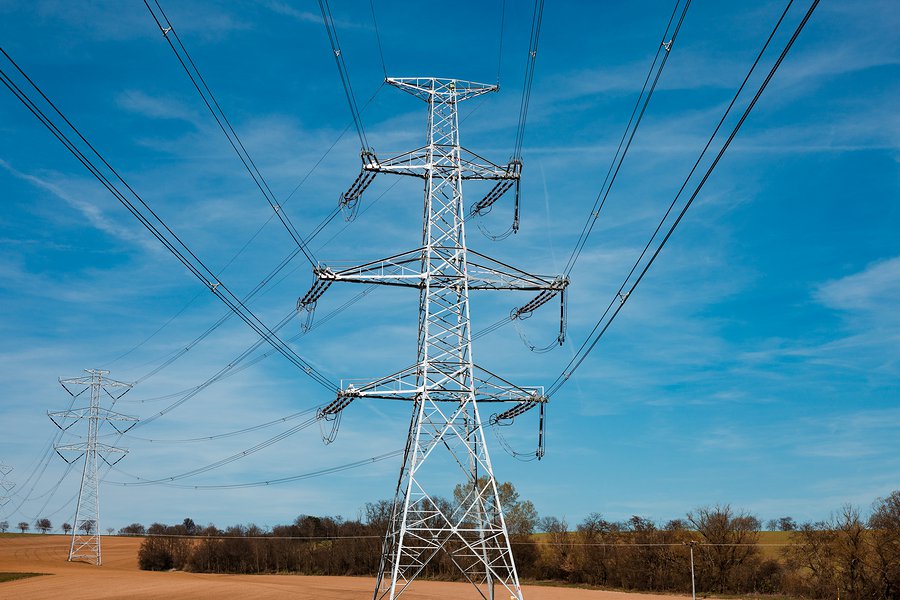Did you know that the average American consumes 10,972 kilowatthours (kWh) of electricity each year according to the US Energy Information Administration? Electric utility companies across the country are responsible for generating all that power, and it’s a big job. Utility deposit bonds are a tool these companies rely on to ensure they have enough revenue to generate the power we all expect to have. In this piece, we will explore what utility deposit bonds are and how they work, and also help you figure out if and when you need one.
What Are Utility Deposit Bonds?
Utility deposit bonds are often used as an alternative to a traditional deposit. Instead of paying a lump sum upfront, you take out a bond before the utility company agrees to activate services. The bond essentially serves as a guarantee that if you don’t pay the utility bill – typically for electricity or gas – the utility company will still get paid.
The easiest way to understand how a utility bond works it to consider the three parties involved:
- Principal – The person responsible for obtaining the bond before having their utility activated. The principal is also responsible for paying for any claims filed against the bond, meaning any unpaid utility bills. Even if the principal is unable or unwilling to pay, the bond agreement assigns them the final financial responsibility.
- Obligee – The utility company that requires people to get a bond. The obligee is also allowed to file claims against the bond if bills go unpaid. The bond agreement guarantees that these claims will be paid even if the principal refuses initially.
- Surety – The company that issues the bond to the principal and guarantees payment to the obligee. If bills go unpaid, the obligee can file a claim with the surety. The surety will investigate, and if the claim is valid, they will compensate the obligee. At this point, the utility bill is paid, but now the principal owes the surety company the amount of the claim.
Even though utility deposit bonds benefit the obligee financially while holding the principal accountable, they actually benefit both parties. The utility company manages to avoid unexpected dips in revenue and a systemic problem of unpaid bills. However, thanks to that confidence, they are more willing to offer utility services to first-time or high-risk customers. Overall, bonds help create a fair and accountable system that works more consistently for everyone involved.
When Do You Need a Utility Deposit Bond?
That is up to the utility company to decide. Typically, bonds are required for business customers who have never had an account before and plan to run up large utility bills. A laundromat is a great example. A new laundromat in town doesn’t have an existing relationship with the utility company, so there is no way to know how timely they are about paying bills. That laundromat will also need to use a lot of electricity, gas, and water, creating the potential for big monthly bills to go unpaid. Utility companies are taking a risk by extending services to this laundromat, so they require a utility deposit bond upfront. Bonds may also be required for customers with a history of late payments or service shutoffs. If you need to acquire one of the bonds, the utility company will inform you when you apply for services.
What Are the Utility Bond Requirements?
Every utility company sets their own requirements. That means they determine who needs to obtain a bond and what the terms of the bond will be. In most cases, principals will need to show proof that they have an active bond that meets the requirements before utility services are activated. Your surety company can help you determine what forms or documentation you need to provide the utility.
How Much Do Utility Bonds Cost?
The utility company designates the bond amount. When you apply for services, the utility company will ask you to fill out a form with details about your credit and past payment history. Based on that information, the utility company will calculate your bond total, meaning the total amount of claims (unpaid bills) the bond will cover. That is the bond total, but the actual bond cost (called the premium) is just a percentage of that, usually around 5%. The exact amount of the premium is based on your credit, so principals with low credit scores or a bankruptcy will pay slightly more, but they will rarely be denied. Remember that the alternative to paying the utility deposit bond cost is to pay a traditional deposit, which will usually be much more expensive. Therefore, obtaining a bond instead of investing in a deposit is often the better option from an economics standpoint.
Getting a Utility Bond Fast
In almost all cases, you will want to get a bond as quickly as possible considering that you can’t get the utilities turned on until you have one. Make Viking Bond Service the first company you contact. We issue utility deposit bonds in all 50 states, and our online application takes just minutes to complete. Our team works fast to get you a quote in about 24 hours, after which you only need to pay the premium to activate the bond. Feel free to contact us any time if you have questions about anything. Or explore this resource all about surety bonds to learn everything you need to know about the bonding process.


